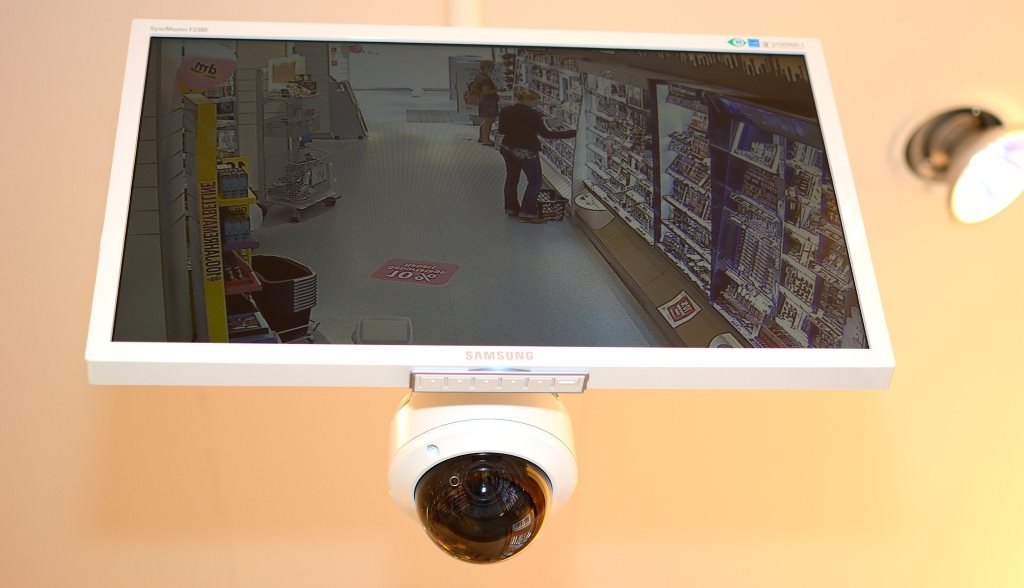In the modern world CCTV is commonplace and we have an expectation that we may be recorded while out and about in a public place. But how does this translate to the workplace? What is considered acceptable surveillance and is covert recording a step too far?
Article 8 of the European Convention of Human Rights gives individuals the right to respect for their “private and family life, home and correspondence”. The caveat attached to this right is that it is restricted in accordance with law, and when necessary in a democratic society. This makes it possible for an employer to secretly record their workplace, if it is deemed necessary.
To ascertain whether or not it is “necessary”, it is important to look at whether a fair balance is being struck and that the right safeguards are in place to protect anyone who is covertly recorded.
Should employees expect covert recording at work?
In the recent case of Lopez Ribalda and others v Spain, which went to the European Court of Human Rights, this balance was considered. The Court found that employees should not have great expectations for privacy at work, especially if that particular workplace is subject to a high level of criminal activity, as was the case here. The employer’s supermarket concerned was subject to a high level of theft, and so covertly putting cameras up was a proportionate method of combating these thefts.
The court said that it was important that the supermarket had taken measures to make sure that the recordings taken were not widely distributed. In keeping the recordings confined to just the necessary people, the supermarket had ensured that as far as possible, they would not impinge on the employees’ rights to privacy.
You might ask how Brexit will affect the impact of this ruling on UK employment law?
The answer is that it will still be relevant – the European Convention on Human Rights is already enshrined in UK law through The Human Rights Act 1998, which provides that UK Courts “must take into account” decisions made by the European Court of Human Rights. Whilst that does not mean the UK has to follow the EU decision, it will definitely be considered as long as UK employment law remains unchanged.
UK employment law regarding covert recordings
One thing that may have an impact is the proposal from the UK Government to repeal the Human Rights Act 1998 and replace it with a British Bill of Rights. As this is still in the early stages, it is too soon to say how relevant European decisions reached in the European Court of Human Rights will be affected.
To summarise, it is key when planning on covertly recording employees to ensure that it is only done where necessary, and that the information gathered has safeguards to prevent it from going further than it needs to. If you would like advice on how to implement employee surveillance in your business, or any other aspect of employment law, then contact us today to arrange a free consultation with one of our expert employment law solicitors.






